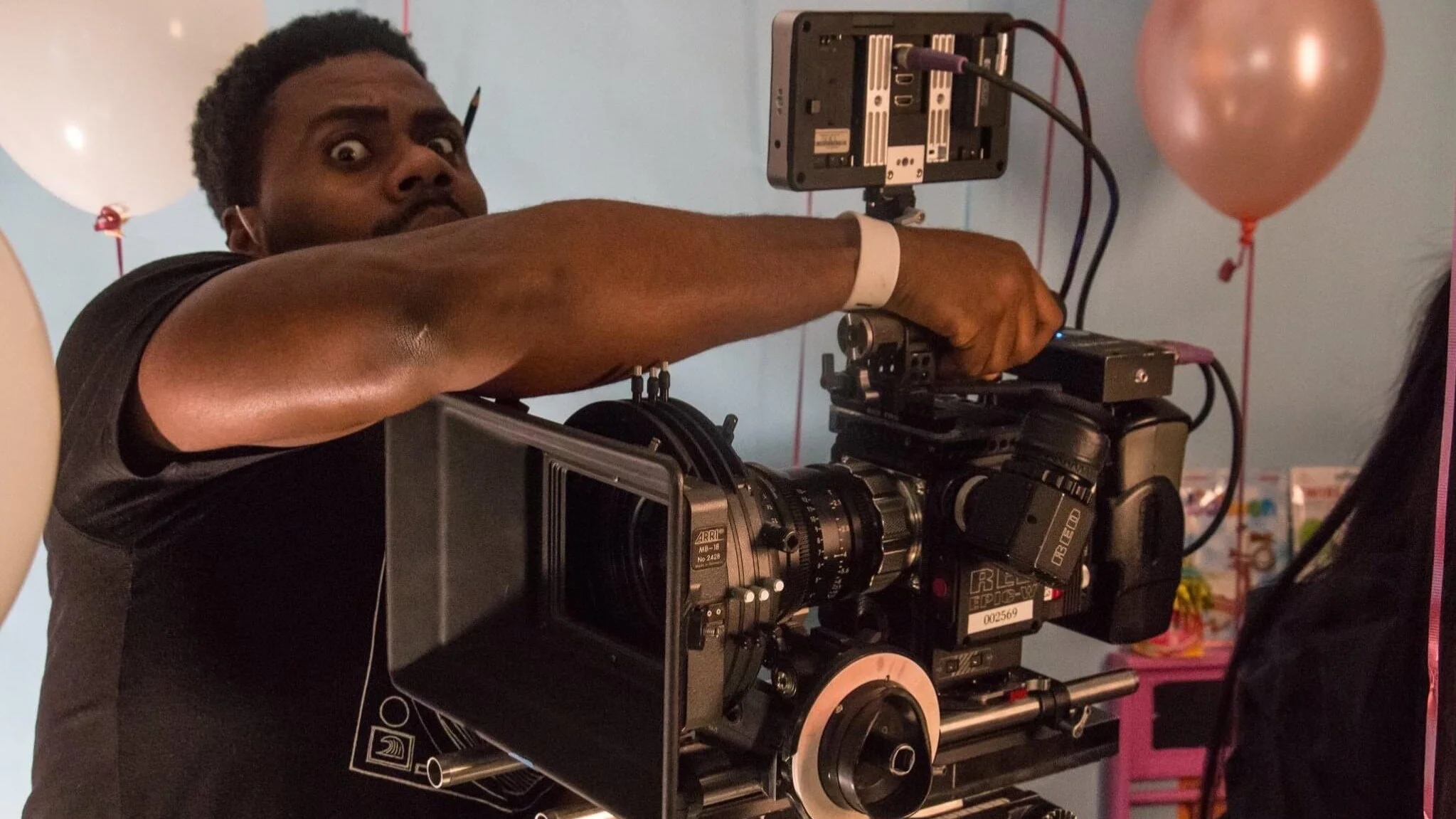How do I do better as a Filmmaker?
Jordan Davenport from the FSU CMPA
This is another conversation I have all the time with my friends at the College of Motion Picture Arts at FSU: if I cannot afford an Intimacy Coordinator, what do I do? Well, first of all, #BetterisBetter (as Chelsea Pace says). Any way you can learn and grow is better than you would otherwise be doing so keep asking questions!
Here are some quick tips:
- Go further. When you are writing intimate content into your script, stop and ask the following questions:
Why does this moment of intimacy happen?
Is this the most appropriate action for my story or is there something better?
What does this moment look like? Describe it using moods, qualities of movement and any other descriptors and adjectives that you can think of. Consider what the actor would do if all they had to go on was what you wrote on the page.
- Be extremely clear during the casting process about your expectations.
Consider putting as much information as possible in the casting notice so actors are prepared and do not audition or even get as far as accepting the role if they feel funny about executing your expectations.
Consider expressing in the notice that you do not have room for an Intimacy Coordinator in your budget but you are doing your best to learn how to make this as safe of a process as possible.
My Favorite Rule of Thumb: Prior to casting, it is on you to be specific, creative and daring. However, once the actors are cast, if anything regarding the intimacy in the script changes, those actors become your fellow collaborators rather than your employees. They consented to the version of the script they read when they were cast. Any changes require their renewed consent.
- Set aside time in pre-pro to block the moment of intimacy, if you can afford to do so. This gives the actors a lower stakes environment to create, prepare and communicate.
- When rehearsing with your actors, take the time at the start to discuss everyone’s “Blueprints” of where they are and aren’t comfortable being touched.
- If there is any nudity or partial nudity…
Be sure that PD has a robe set aside for in between takes. Consider allowing your actor to wear their robe for camera rehearsals so that they don’t have to be (partially) nude for any unnecessary amount of time.
It is great to consider angles. If there is risk of your actor being seen up their skirt in a take (when that wasn’t the plan), make sure they are given spandex or special undergarments to prevent getting documentation of areas they didn’t agree to showing.
A Closed Set is imperative for these moments. This means that only the essential people are in the room or on tap.
- Consider having a Closed Set for the filming of all intimate moment. At the very least, release anyone you can afford to not have present. The privacy can go a long way for some actors.
I’d like to stress that this list is a starting point. These tips don’t make up for not having an IC. “SAG-AFTRA believes that intimacy coordinators should be hired in [all] scenes involving nudity or simulated sex or upon request for other intimate and hyper-exposed scenes.” Quick tips don’t equal a perfect product. I highly discourage filming any simulated sex scenes without a coordinator present who is educated on saftey practices. However, implementing these tips is a great place to start.
Filmmakers, please consider reaching out. Most professionals, like myself, are always available for consultation and conversation for those looking to grow and create safer spaces. It costs much less and can go a long way. If I can’t help, I will point you to someone who can.
Jared Prima from the FSU CMPA

